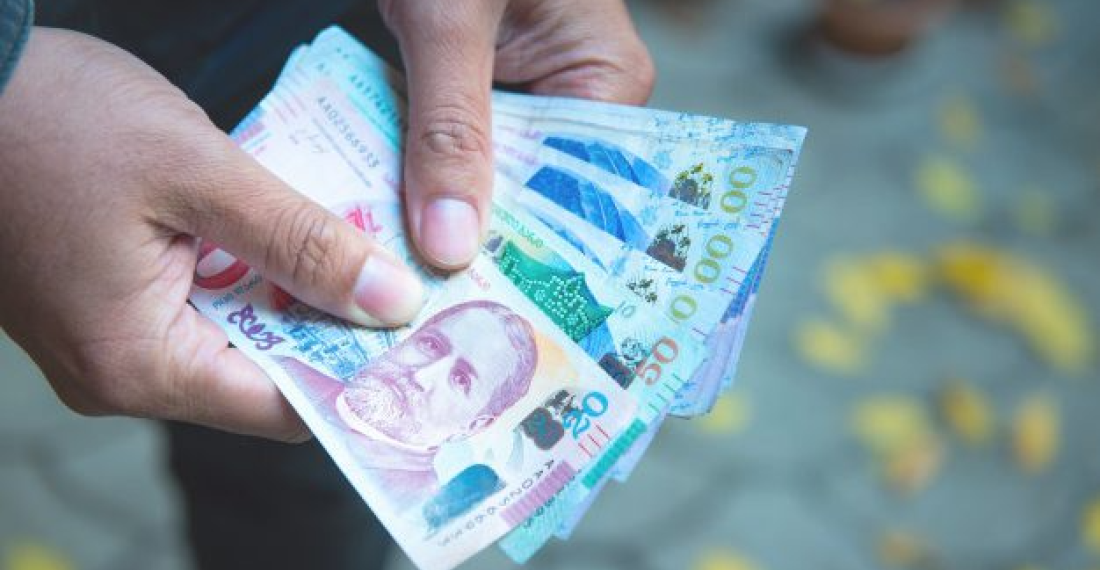Georgia's GDP boomed by 10.1% in 2022, according to figures released by the National Statistics Office of Georgia, Geostat, on Tuesday (31 January).
The country's economic performance was particularly strong towards the end of the year, registering a year-on-year increase of 11% in December 2022.
According to the report published by Geostat, growth was registered in construction, manufacturing, transportation and storage, financial and insurance activities, trade, hotels and restaurants. Meanwhile a decline was registered in real estate activities, professional, scientific and technical activities, electricity, gas, steam and air conditioning supply.
Georgia imported US$134.5bn of goods in 2022, 33.2% more than last year. Meanwhile exports also rose by 31.8%, totalling almost US$56bn.
Another notable statistic from the report concerns the number of newly registered enterprises, at 6,436 in December alone. This marks a year-on-year increase of 41.4%.
Since Russia's full-scale invasion of Ukraine on 24 February 2022, Georgia has been one of the most popular destinations for Russians fleeing the country, especially since September when Russian President Vladimir Putin announced a partial mobilisation. According to a report released by Transparency International Georgia in November last year, about 9,500 Russian companies registered in Georgia between March and September 2022, ten times higher than in 2021.
The TI-Georgia report also notes that, as of November 2022, there were 17,000 Russian companies registered in Georgia, with more than half of them registering after 24 February.
The benefits of the economic boom are not being felt by all, however. In part due to the large influx of Russians, house and rental prices in Tbilisi and other big cities have skyrocketed, pricing some Georgians out of the housing market.







